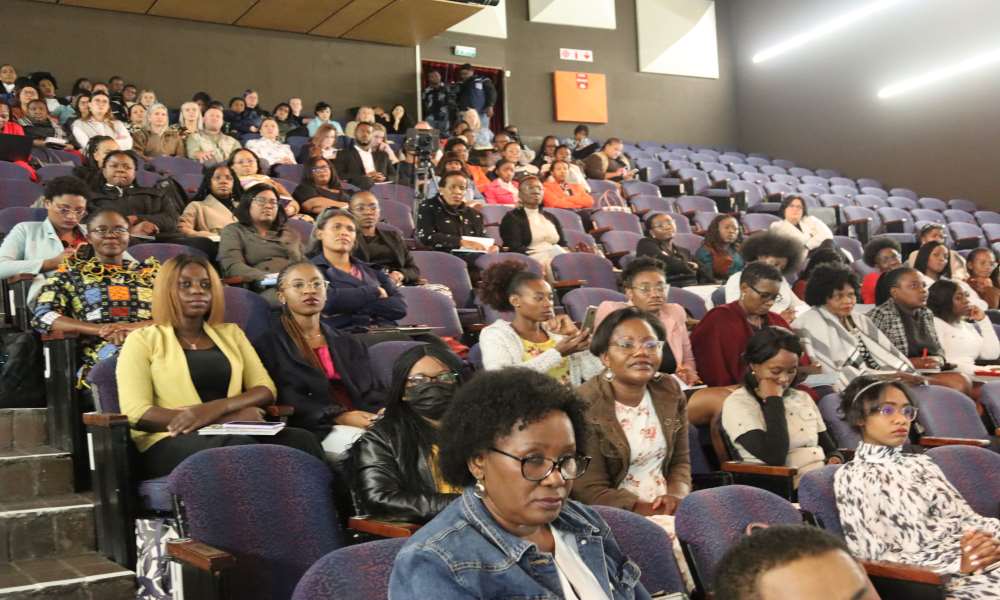Women’s role in agriculture recognised
Tackling global food insecurity and women’s roles in feeding the world
Tackling global food insecurity and women's roles in feeding the world
Heiress Communications hosted a half-day event on women and agriculture at the National Theater of Namibia, in Windhoek, yesterday.The event, themed "Tackling Global Food Insecurity and Women's Role in Feeding the World," promoted discussions between decision-makers and the women's business community on topics related to agriculture and farming and their potential to have a net-positive impact on the economy.
The event also aimed to provide a platform for women in business, particularly those interested in agribusiness, to identify relevant organisations and their roles in the marketplace and serve as a road map into agribusiness for budding agripreneurs.
The half-day summit hosted more than 15 speakers from various organisations, including the Namibian Agronomic Board, Meat Board of Namibia, World Food Programme, Development Bank of Namibia (DBN), and Roots Agricultural College, amongst others.
Women’s central roles
Ndiyakupi Nghituwamata, executive director of the Ministry of Agriculture, Water and Land Reform, delivered the keynote remarks.
She said that the topic of women in agriculture recognises the centrality of women to the sustainability of rural households and communities in improving their livelihoods and overall well-being in a context in which their role and significance are often overlooked and undervalued.
"The role of women in agriculture is important to our ministry’s mandate of reducing poverty and ensuring food security at national and household levels."
She added that food security is currently a fundamental issue in Namibia as the country faces serious challenges in meeting the food needs of its growing population. The challenge of food security, particularly in rural areas, has a negative impact on agricultural production.
The rate of urbanisation stands at 4.2%, and it is expected that 60% of the population will be living in urban areas by the year 2030. "We should look at ways on how we can keep our women and youth in the villages where the land is to continue feeding the citizens."
However, their efforts are limited by a lack of access to productive resources, technologies, and services in the market.
"An investment in women will accelerate agricultural growth while addressing food security."
In a video presentation, Lawrence Sampofu, governor of the Zambezi Region, said "Namibia, through various initiatives such as those supported by WFP, makes sure our farmers produce more food for the nation."
Dr George Fedha, World Food Programme country director, said that they closely work with farmers in the Zambezi Region to enhance production. "More than 400 farmers have different crops they are growing as well as new innovative approaches they use."
Heiress Communications hosted its first event in March 2022 under the theme, "Building Wealth in A Disruptive Economy."
During that event, discussions highlighted the challenges women faced as a result of the pandemic that exposed vulnerable women to a potential loss of income, both through business and employment.
Since then, the communications consultancy has worked to keep information accessible to women in business so they can better understand the business environment in which they operate and, as a result, better manage their businesses cohesively and capitalise on upcoming opportunities.
Founder and project manager at Heiress Communications, Paulina Mbango, emphasised that with this event, the objective is to educate and impact women, especially small business owners. She added that from the first event, they received positive feedback, so they wanted to make a much bigger impact.



